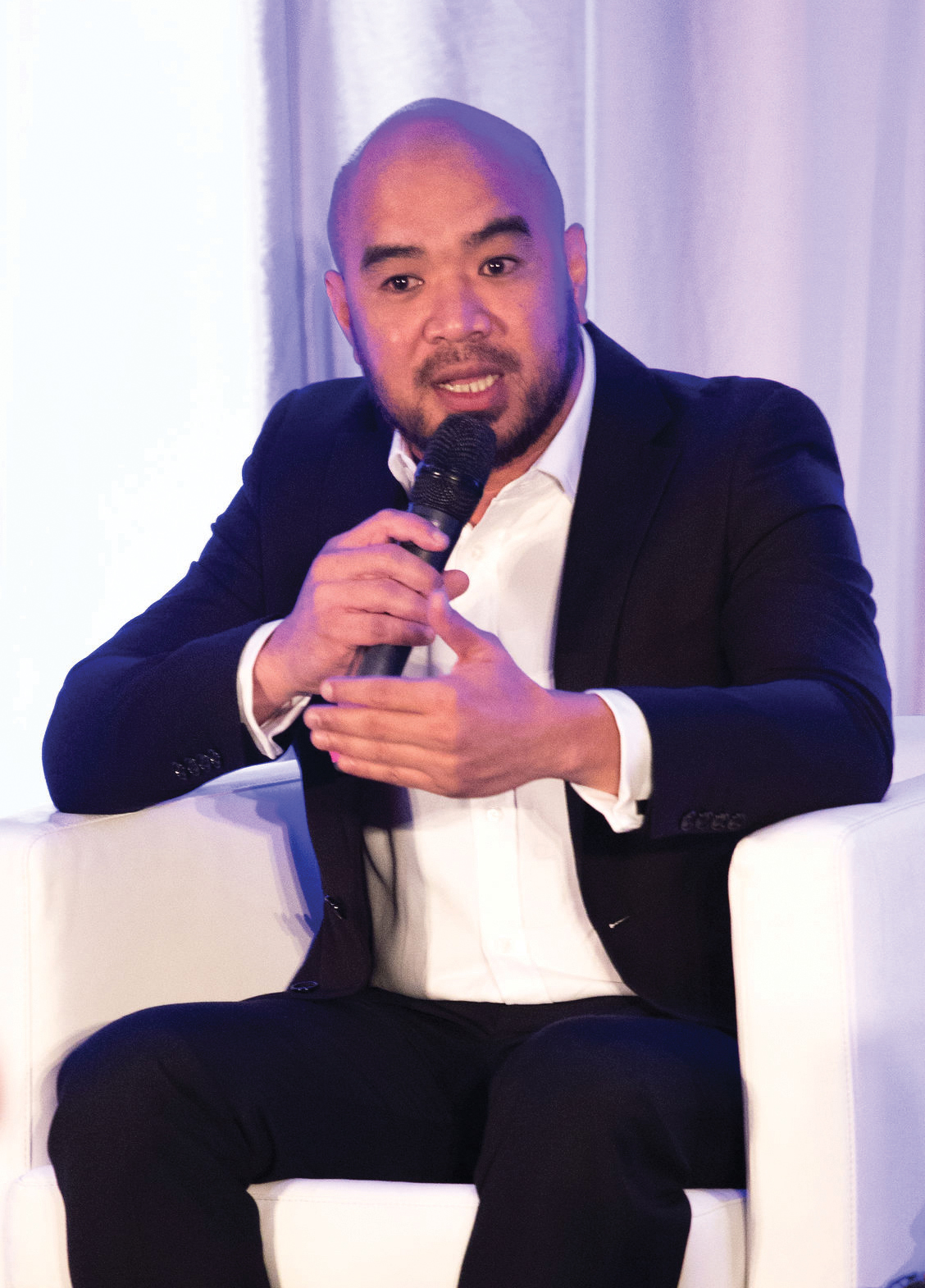Editor’s Note: This is the first in a five-part series on best practices for operating a culturally and globally diverse real estate company.

Michael Mabutol
President/Managing Director
Pinnacle Real Estate Consulting Services, Inc.
Makati City, MAN Philippines
Thriving in the ever-growing Philippines real estate market, Pinnacle Real Estate Consulting Services, Inc. is led by Michael Mabutol, with 18 years in the real estate business. With two offices, 150 full-time employees and 800-plus co-brokers across the nation, Mabutol helps the firm navigate important market trends, such as co-working spaces, income-generating properties and township projects. Here, Maubutol shares what stands to impact his market most in the months ahead.
How long have you been in the real estate business?
Michael Mabutol: 18 years
What is the size of your firm?
MM: We have two offices: Makati covering the NCR and Luzon regions, and Cebu covering the Visayas and Mindanao regions. We have 150 full-time employees, with 800-plus co-brokers nationwide.
How would you describe the current state of the real estate market in your country and/or region? What are one or two of the most important trends?
MM: The real estate market in the Philippines is continuously growing. The main drivers are: the business process outsourcing (BPO)/Philippine Offshore Gaming Operator (POGO) industry; steady demand coming from local homebuyers and overseas Filipino workers; growing interest from foreign investors looking at income-generating properties; the government’s “Build Build Build” program; hospitality and retail. The most important trends now are co-working spaces, income-generating properties and township projects.
As part of the global real estate market, clearly you deal with many different cultures. What are the challenges and opportunities involved in doing so?
MM: The major challenge in dealing with different cultures is how to tailor-fit investment opportunities in your local market in relation to their investment criteria, taste and parameters. On the other hand, the major opportunities are showcasing your unique offerings compared to other markets, and learning best practices from different cultures.
Has your market become more diverse in recent years? If yes, in what way?
MM: The Philippine market has been continuously diversifying. For instance, a few years ago, the office market’s main driver was the BPO sector, snapping up floor after floor of spaces in the capital’s major business districts (Makati and Bonifacio Global City). Then came the POGO operators, whose massive expansion further tightened the market. A few years ago, service offices and co-working spaces were virtually unheard of, but right now there are more than 150 players in this space, including a few foreign companies such as WeWork, Common Ground and SPACES by Regus. The retail market is equally buoyant despite heavy competition from the e-commerce industry. Foreign fast-fashion brands, including Uniqlo and H&M, are expanding, but the sector’s major driver at the moment is the food and beverage sector, ensuring healthy growth in retail rents across metro Manila’s countless shopping malls. The government has cleared some roadblocks to the implementation of REITs, which will provide local and foreign investors more options to park their capital.
How does being part of Leading Real Estate Companies of the World® (LeadingRE) help you embrace cultural diversity and operate more successfully in the global marketplace?
MM: By learning from each other, sharing of information and best practices. Being part of the LeadingRE network also opened doors for us and enabled us to tap into other markets.
Why is it critical for any real estate firm anywhere in the world to embrace cultural diversity in order to succeed in the future?
MM: We’re living in a global market. Opportunities are coming from different parts of the world now. Understanding and embracing cultural diversity separates you from the rest of the other players. Borders figuratively are also increasingly becoming porous, enabling much-needed capital to cross borders more efficiently. For instance, the ASEAN region is slowly integrating into a single market, and companies who embrace diversity and are well-equipped to work with other nationalities would find success in every market they’d venture into.
For more information, please visit www.leadingre.com and www.pinnacle.ph.
 Maria Patterson is RISMedia’s executive editor. Email her your real estate news ideas at maria@rismedia.com.
Maria Patterson is RISMedia’s executive editor. Email her your real estate news ideas at maria@rismedia.com.












